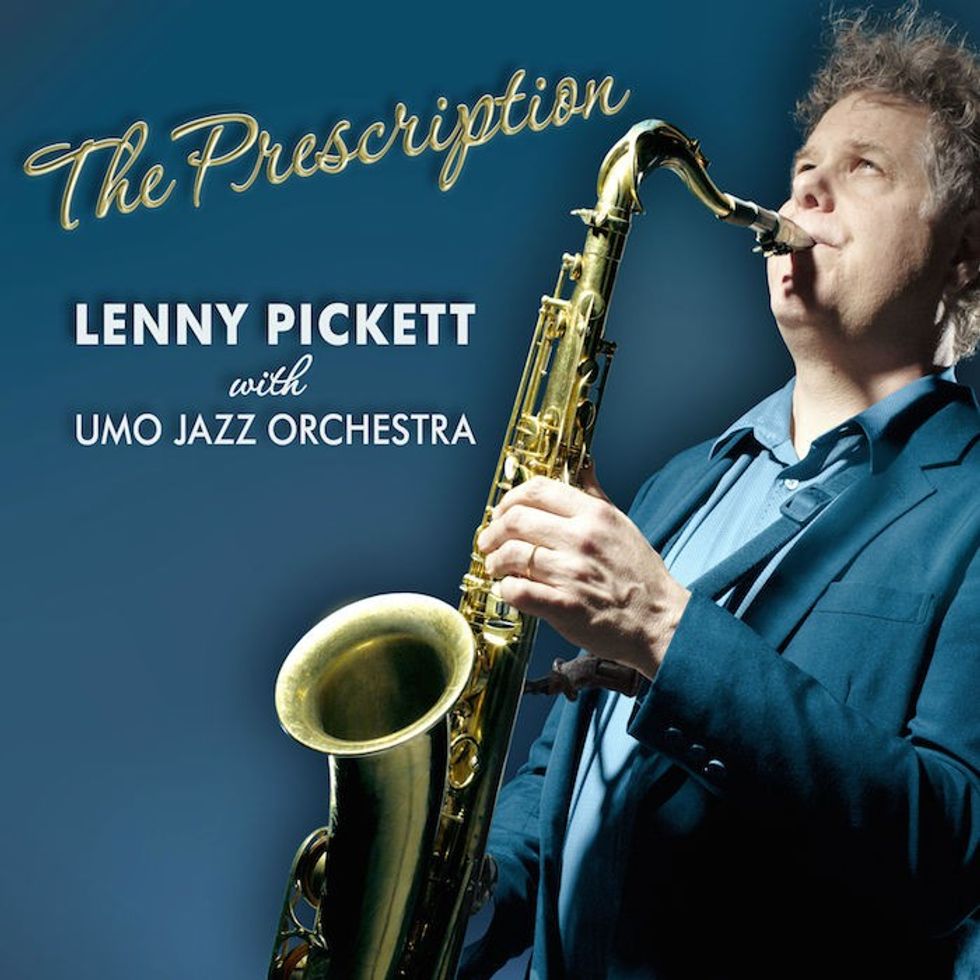Revive: I’m sure that you had plenty of fun with Tower of Power. Could you discuss your time with TOP?Lenny Pickett: It was a gas! It was awesome and it was so much fun! It was so much work too. We were working so many dates.
R: Let’s talk about the work. How hard was it?
LP: We rehearsed incessantly. We had a policy where we would take the day off the day we got home and then we would rehearse the next day. We rehearsed everyday until we went on the road again. We had to because we were making records in between the touring. The touring was difficult because we had to work as many dates as possible while we were out. So we pretty much worked everyday. If it meant traveling 12 hours in between, then we’d travel for 12 hours.
So we didn’t sleep very much and we got tired. But it was very exhilarating to be up on stage and perform and we would revive from that, then you’d go back to being tired again. But we were young for the most part; the oldest was 35 and I was the youngest at 18. We were relatively young people and we could sort of deal with the hang.
We were also in the wave of something. We were selling records, traveling, and having a terrific time during the performances; it was exhilarating. We had open-ended parts of the set where we didn’t know where we would go and we would go to some place that we didn’t expect. The work part didn’t seem so bad even if it was serious work.
When you’re in the thrall of something like that, you don’t really care about how much work it is. I thought it was strange when I got in the commercial music world how stingy people were with their rehearsal hours and how getting people to rehearse for six hours was impossible. Tower of Power would show up at 1 or 2 in the afternoon and rehearse until 10 at night.
R: Wow! I guess there’s a reason why those horn parts sounded so tight.
LP: We rehearsed those to death! We rehearsed a set over and over. We’d play 90-minute set three or four times in a day. We’d take a break between sets then come back and play. But that’s why it sounded like that; it was airtight.
R: Could you explain to our readers how you landed the Saturday Night Live gig?
LP: G.E. Smith and I played a gig with Hall and Oates and he G.E. remembered me. Howard Shore was a saxophone player who played with a group called Lighthouse and had heard of me. Howard Shore also told me that he and Lorne Michaels went to a Jr. Walker concert and it was a seminal moment for both of them and I’m able to make the same sound on the saxophone that Jr. Walker makes. So it fit in with Lorne’s idea with what the show should sound like. It was kind natural and it was happenstance.
R: You’ve mentioned that you haven’t made a lot of records because the offers didn’t seem realistic. What made The Prescription different?
LP: It developed a life of its own because it had the momentum of UMO behind it. Their enthusiasm for the project was a lot of why it was continuing and they kept brining me back to Finland to work with them. UMO wanted to do it and they wanted to make a record.
The recording was a remarkably good technical recording. It’s not like a random session that was done in a garage at some place. It was an airtight from amazingly capable musicians in a really fine studio with great engineering.



